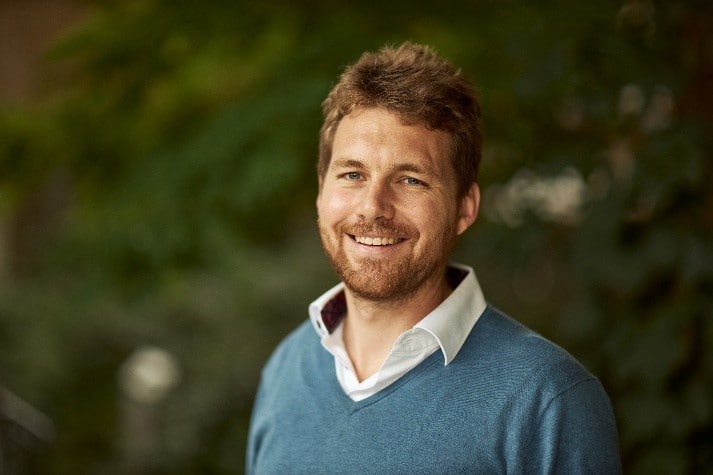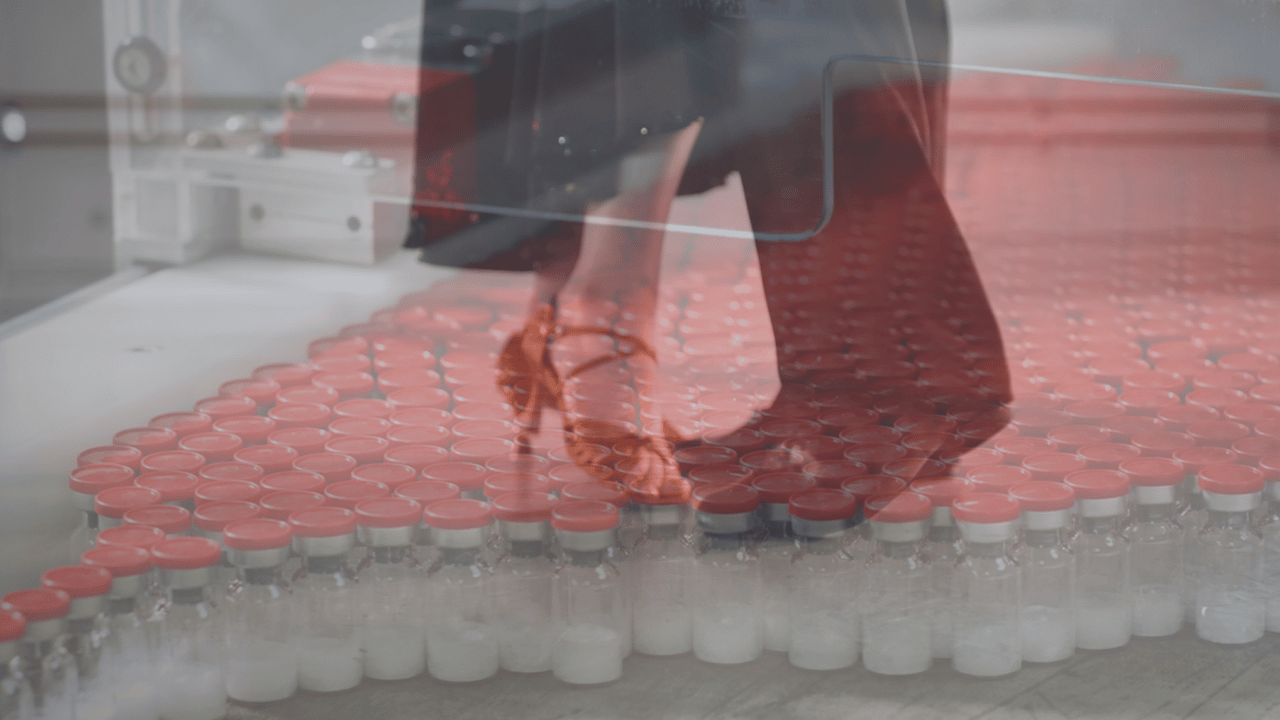Alistair Farley
Chemist
From a young age, I have been curious about the physical and natural world that surrounds us. This broad interest across physics and biology led me to study chemistry, as the central science, at Wadham College at the University of Oxford where I stayed for my MChem and PhD degrees.
During my PhD, I developed a new family of catalysts – substances that speed up a reaction – and investigated their application in a range of industrially relevant processes. These catalysts do not contain metals, are cheap, generate less waste, and work under milder conditions than metal catalysts, and therefore offer a more sustainable approach to chemical processes.
After this, I became interested in applying chemistry and chemical principles to address biological questions and in particular to the issue of Antimicrobial Resistance (AMR). My interdisciplinary team and I, as part of the Ineos Oxford Institute, try to understand the mechanisms of bacterial resistance to antibiotics. We then develop new molecules and combinations of molecules that are active against the bacteria. Tackling AMR is a challenge and requires interdisciplinary research involving policy makers, health economists, chemists, microbiologists, biochemists and others to advance. Good science with direct societal benefit and the diversity of people make this a great area to work in.
I am a strong advocate for the use of science to better inform policy and policymakers. I have had the opportunity to present my research at the Houses of Parliament and to shadow parliamentarians and policymakers as part of the Royal Society Pairing Scheme. Advances in science and innovation are fundamental in improving the general wellbeing of society.


